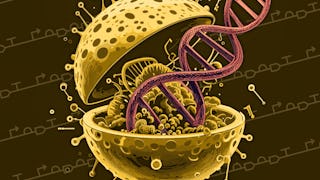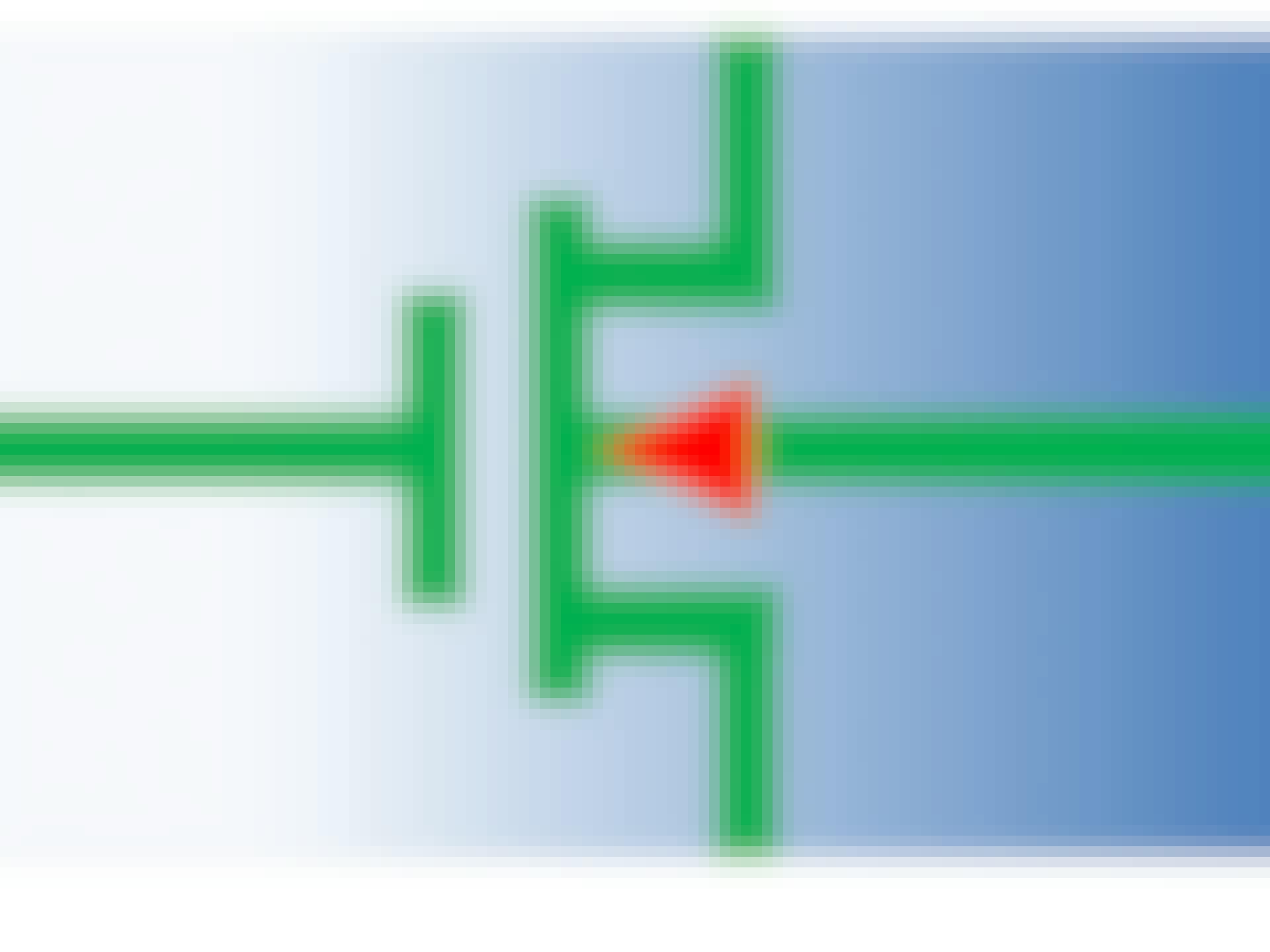Mathematical Modeling
Filter by
SubjectRequired *
LanguageRequired *
The language used throughout the course, in both instruction and assessments.
Learning ProductRequired *
LevelRequired *
DurationRequired *
SubtitlesRequired *
EducatorRequired *
Results for "mathematical modeling"
 Status: PreviewPreviewU
Status: PreviewPreviewUUniversity of Illinois Urbana-Champaign
Skills you'll gain: Application Specific Integrated Circuits, Hardware Design, Computer-Aided Design, Electronic Hardware, Systems Design, Electrical and Computer Engineering, Computer Engineering, Semiconductors, Network Routing, Computational Logic, Data Structures, Algorithms, Graph Theory, Linear Algebra, Applied Mathematics, Mathematical Modeling, Calculus
4.7·Rating, 4.7 out of 5 stars282 reviewsIntermediate · Course · 1 - 3 Months
 Status: Free TrialFree TrialR
Status: Free TrialFree TrialRRice University
Skills you'll gain: Mechanics, Physics, Mechanical Engineering, Engineering Calculations, Calculus, Engineering Analysis, Physical Science, Mathematical Modeling, Problem Solving
4.5·Rating, 4.5 out of 5 stars42 reviewsIntermediate · Course · 1 - 4 Weeks
 Status: FreeFreeG
Status: FreeFreeGGoogle Quantum AI
Skills you'll gain: Debugging, Hardware Architecture, Failure Analysis, Computer Programming Tools, Theoretical Computer Science, Mathematical Modeling, Computer Hardware, Simulations, Linear Algebra, Computer Science
4.6·Rating, 4.6 out of 5 stars157 reviewsIntermediate · Course · 1 - 4 Weeks
 Status: Free TrialFree TrialR
Status: Free TrialFree TrialRRice University
Skills you'll gain: Biology, Environment, Microbiology, Environmental Science, Life Sciences, Environmental Issue, Sustainable Development, Natural Resource Management, Physiology, Molecular Biology, Taxonomy, Cell Biology, Anatomy, Climate Change Adaptation, Estimation, Mathematical Modeling, Scientific Methods, Climate Change Mitigation, Experimentation, Case Studies
4.8·Rating, 4.8 out of 5 stars245 reviewsBeginner · Specialization · 3 - 6 Months
 Status: PreviewPreviewÉ
Status: PreviewPreviewÉÉcole Polytechnique
Skills you'll gain: Emerging Technologies, Telecommunications, Cryptography, Simulation and Simulation Software, Physics, Computing Platforms, Algorithms, Mathematical Modeling
4.9·Rating, 4.9 out of 5 stars130 reviewsMixed · Course · 1 - 3 Months
 Status: Free TrialFree TrialU
Status: Free TrialFree TrialUUniversity of Colorado Boulder
Skills you'll gain: Biological Engineering, Markov Model, Molecular Biology, Biotechnology, Bioinformatics, Simulation and Simulation Software, Mathematical Modeling, Engineering Analysis, Electrical Engineering, Engineering Design Process, Simulations, Biochemistry, Computational Thinking, Failure Analysis, Computational Logic, Differential Equations, Cell Biology, Hazard Analysis, Technical Design, Numerical Analysis
Build toward a degree
4.5·Rating, 4.5 out of 5 stars33 reviewsIntermediate · Specialization · 3 - 6 Months
 Status: PreviewPreviewU
Status: PreviewPreviewUUniversity of Minnesota
Skills you'll gain: Physics, Chemistry, Engineering Calculations, Molecular, Cellular, and Microbiology, Mathematical Modeling
4.9·Rating, 4.9 out of 5 stars363 reviewsBeginner · Course · 1 - 3 Months
 Status: PreviewPreviewT
Status: PreviewPreviewTTechnical University of Denmark (DTU)
Skills you'll gain: Power Electronics, Electrical Power, Plant Operations and Management, Electric Power Systems, Sustainable Technologies, Energy and Utilities, Semiconductors, Electronics, Electronics Engineering, Environmental Engineering, Electrical Engineering, Materials science, Physics, Engineering Calculations, Mathematical Modeling
4.6·Rating, 4.6 out of 5 stars159 reviewsIntermediate · Course · 1 - 3 Months
 Status: PreviewPreviewK
Status: PreviewPreviewKKorea Advanced Institute of Science and Technology(KAIST)
Skills you'll gain: Communication Systems, Emerging Technologies, Informatics, Cryptography, Linear Algebra, Computational Thinking, Information Technology, Physics, Mathematical Modeling
4.2·Rating, 4.2 out of 5 stars127 reviewsAdvanced · Course · 1 - 3 Months
 Status: FreeFreeP
Status: FreeFreePPrinceton University
Skills you'll gain: Biology, Physical Science, Biochemistry, Physics, Microbiology, Environmental Science, General Science and Research, Scientific Methods, Mathematical Modeling
4.7·Rating, 4.7 out of 5 stars401 reviewsMixed · Course · 3 - 6 Months
 Status: Free TrialFree TrialU
Status: Free TrialFree TrialUUniversity of Colorado Boulder
Skills you'll gain: Supervised Learning, Machine Learning Algorithms, Applied Machine Learning, Decision Tree Learning, Scikit Learn (Machine Learning Library), Matplotlib, Random Forest Algorithm, Machine Learning, Predictive Modeling, Data Science, Python Programming, Classification And Regression Tree (CART), Mathematical Modeling, Applied Mathematics, Exploratory Data Analysis, Statistical Programming, Regression Analysis, Feature Engineering, Data Cleansing, Performance Tuning
Build toward a degree
3.3·Rating, 3.3 out of 5 stars83 reviewsIntermediate · Course · 1 - 3 Months
 Status: FreeFreeC
Status: FreeFreeCColumbia University
Skills you'll gain: Semiconductors, Electronics, Electronics Engineering, Electronic Components, Simulation and Simulation Software, Electrical Engineering, Mathematical Modeling, Differential Equations, Calculus
4.6·Rating, 4.6 out of 5 stars148 reviewsMixed · Course · 1 - 3 Months